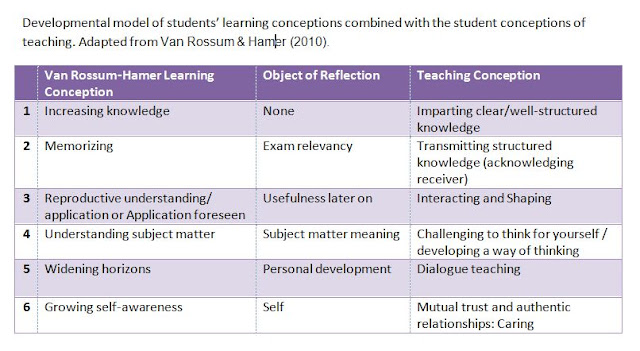We all bring into the learning situation our own learning history and cultural background, our life-long, life-wide and life-deep understanding what learning is. What we all need is support for our individual development, and empowering learning facilitation that helps us to learn even more. This support is the basis of good learning experiences. In order to further strengthen learning we as teachers must have a strong communicative intent in our work, instead of emphasizing the code or doxa, which has different features in all educational institutions, depending their location and culture. Yet, regardless of the culture, the effort to communicate and support learning instead to reinforce and mandate compliance is what sets great schools and teachers apart from others!
Principles of life-long, life-deep and life-wide learning:
- Learning is situated in broad socio-economic and historical contexts and is mediated by local cultural practices and perspectives.
- Learning takes place not only in school but also in the multiple contexts and valued practices of everyday lives across the life span.
- All learners need multiple sources of support from a variety of institutions to promote their personal and intellectual development.
- Learning is facilitated when learners are encouraged to use their home and community language resources as a basis for expanding their linguistic repertoires.
I am expanding these principles to apply to all learners, not just multicultural, because every student has their own diverse home- and family culture which sets them apart from the rest of the group and contributes to the learning experience.
Every student needs to know that all learning counts, both formal and informal. Invisible learning and measuring what we value (instead of trying to value what we measure) are what education should be about, because learning cannot be limited to schools and universities!
.
Read more about life-long, life-wide and life-deep learning:
Learning in and out of school in diverse environments: Life-long, life-wide, life-deep. LIFE Center, University of Washington, Stanford University, and SRI International, 2007. Retrieved from: http://www.life-slc.org/docs/Banks_etal-LIFE-Diversity-Report.pdf




